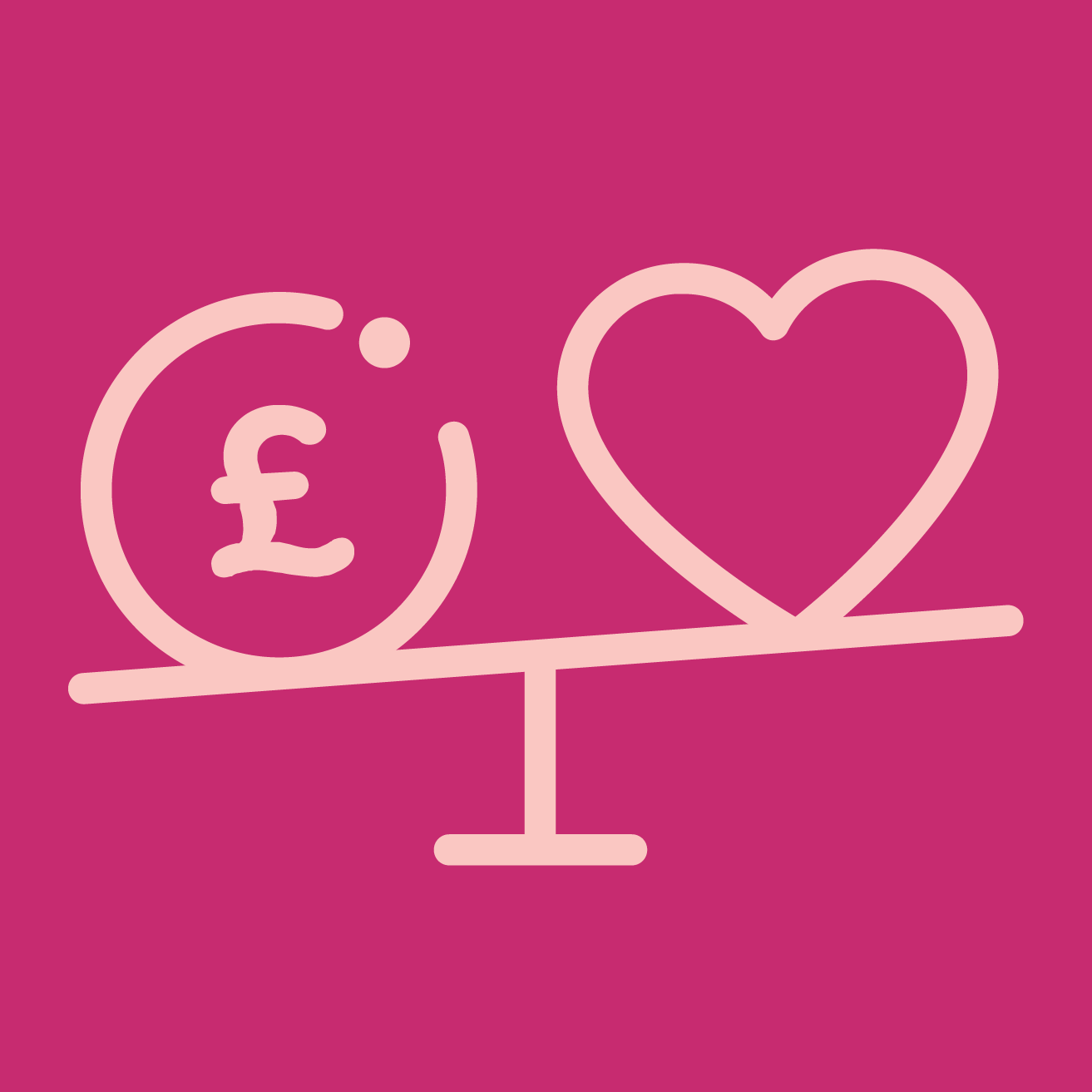Your read progress
Everything you need to know about fixed rate bonds
4 minute read
Updated 17th September 2025 | Published 14th September 2023
From interest rates to access restrictions, there’s so much to consider when taking out a new savings account. Can I make withdrawals? Do I need to give notice on the account? Will I lose interest?
We've invited guest authors from the UK's most reputable savings providers to share their knowledge on the different types of savings accounts available in the UK. Each financial services provider has been asked to go back to basics and give a simple and unbiased overview of a particular type of account.
In this blog, Zopa Bank’s Head of Savings, James Blower, gives the lowdown on fixed rate bonds.
A fixed rate bond is a type of savings account. They allow you to save your money for a fixed period, usually ranging from a few months to several years, at a fixed interest rate. You may also see them referred to as fixed term, or fixed rate, savings accounts.
Fixed-rate bonds are popular among those who want to earn a predictable return on their savings and are comfortable locking their money away for an extended period.
These accounts are considered low-risk, as the interest rate is known in advance and locked in once the term starts. But, when considering fixed rate bonds, it’s essential you only save money you know you won’t need before your term ends. This is because accessing your savings before that time is not permitted. And while a bank may allow early access, this is only likely to be in extreme circumstances such as terminal illness.
Will the interest rate go up?
No, a fixed-rate bond’s interest rate typically won't go up, or down, during the term.
This is one of the key features of fixed rate bonds – they offer an interest rate that doesn’t change, providing certainty to savers.
Can you close a fixed rate bond early?
You are unlikely to be able to close a fixed rate bond before the term ends. With most fixed rate bonds, there will be no option to close early.
The specific rules should be outlined in the account terms and conditions. So be sure to check these out before opening a fixed-rate bond.
How many fixed rate bonds can I have?
There’s usually no specific limit on the total number of fixed-rate bonds you can have. It depends on the policies of the banks or financial institutions you open accounts with. Typically banks limit the amount which can be put into an individual fixed rate bond and the total savings balances a customer can have across products.
If you’re looking to open multiple accounts, here are some things to keep in mind:
- The bank’s rules: While there is no set limit on the number of accounts you can open, a bank may approve or deny applications based on their assessment of your financial situation
- Having enough funds: Opening multiple fixed rate bonds might require a significant amount of money to fund each account. Many come with a minimum opening balance of £1,000
- Keeping track: Managing multiple accounts can be challenging. If you choose to open lots of them, you’ll need to stay organised
- Planning for the future: Tying up too much money in fixed rate bonds might limit your access to cash for emergencies or other investments
Can you add money to a fixed rate bond?
Once the term starts, you typically can’t add any more money. In general, fixed rate bonds are designed for you to deposit a lump sum of money at the beginning of the fixed term and keep it locked in until the term ends. Banks typically allow a period of time, often around 14 days, to fund your fixed rate bond. This period is known as a funding window.
What’s the difference between easy access savings and fixed rate bonds?
It all comes down to interest rates and flexibility on withdrawals.
With a fixed-rate bond, you’ll likely get a higher interest rate and the security of knowing it won’t change, but you can’t access your money until the term ends.
With an easy access account, your rate will usually be lower and can be changed by the bank with very little notice. The trade off is that you should be able to withdraw whenever you need to, without facing any sort of penalty. However, watch out for easy access savings accounts which limit withdrawals or reduce the rate if more than a few payments out of the account are made.
A group of banks and financial institutions have banded together to create the Fintech Pledge, a coalition trying to bolster consumers' financial resilience in response to the cost of living crisis. You’ll be able to find more resources that could help you improve your personal finances from this network of companies right here: pledge2025.org/blog
Need a bit more guidance when searching for the right savings account? Why not read the reviews left by our Smart Money People community?
Written by Errolyn
Senior Content and Social Media Executive
As Featured By
Join our mission
We use the power of consumer reviews to help increase trust and transparency in financial services and to deliver industry leading insight and events.
Write a reviewExplore our other topics

News: Awards

News: Industry news

News: Smart Money People news

Guides: Smart money guides

Guides: Smart money tips



.png)